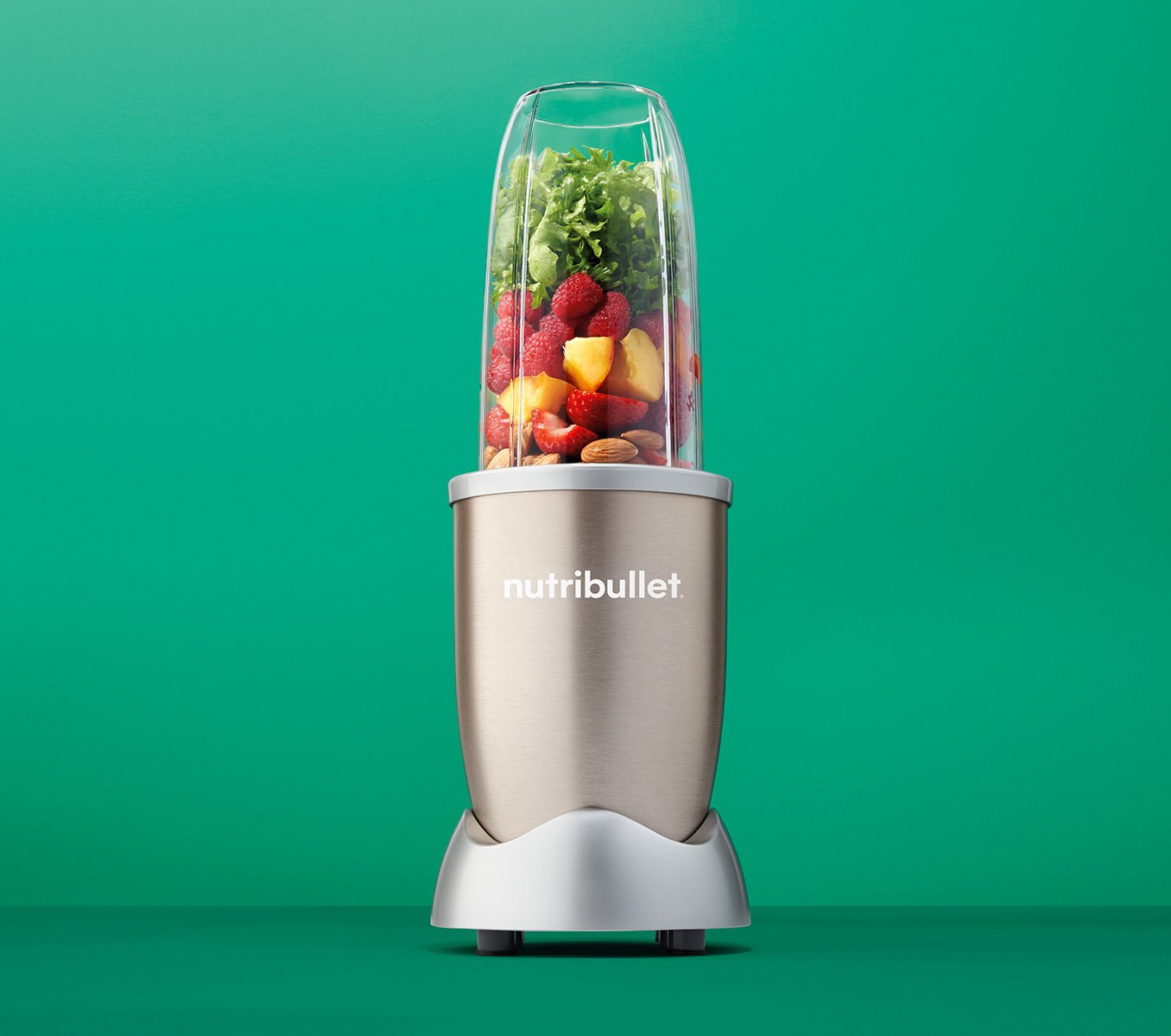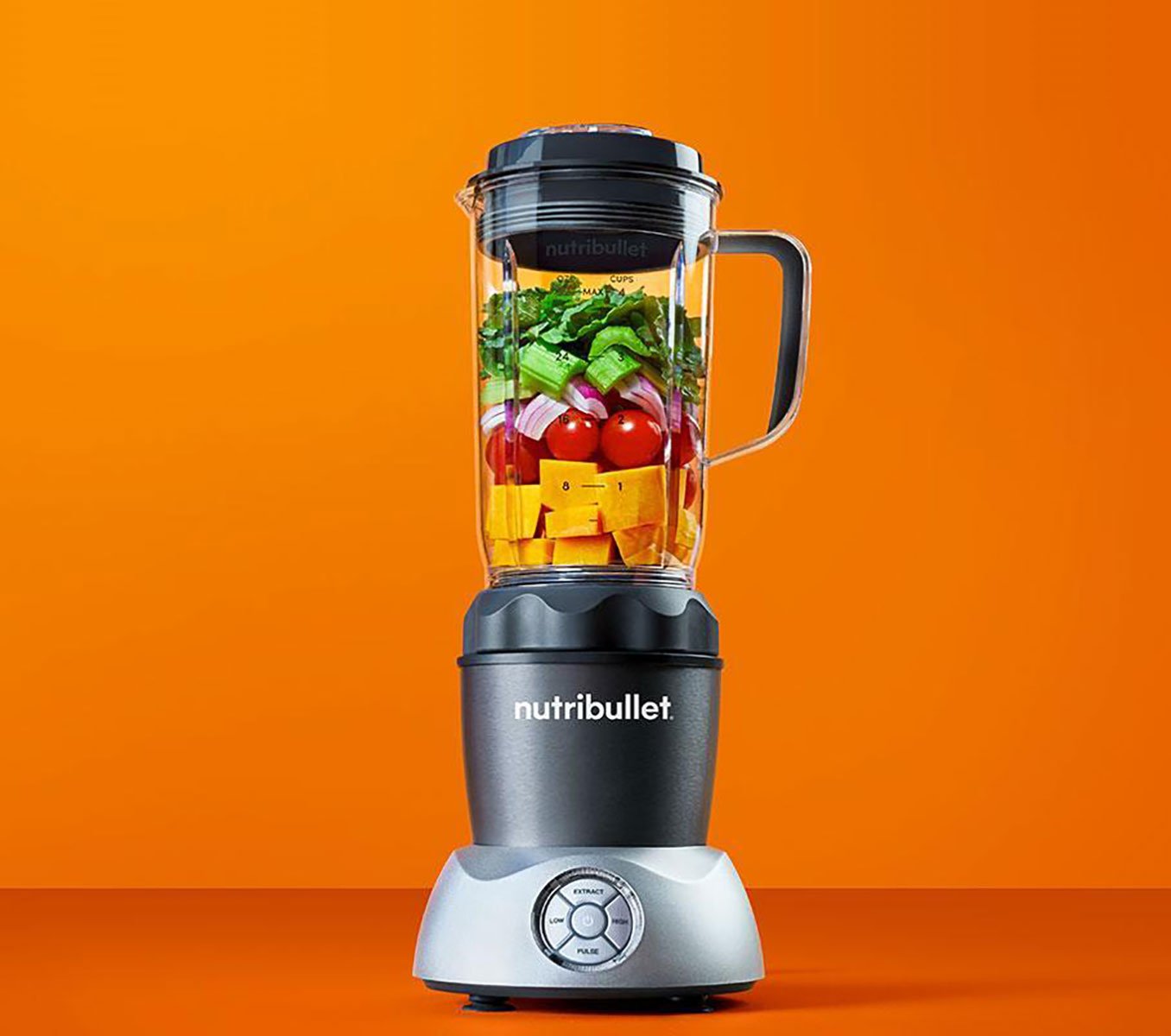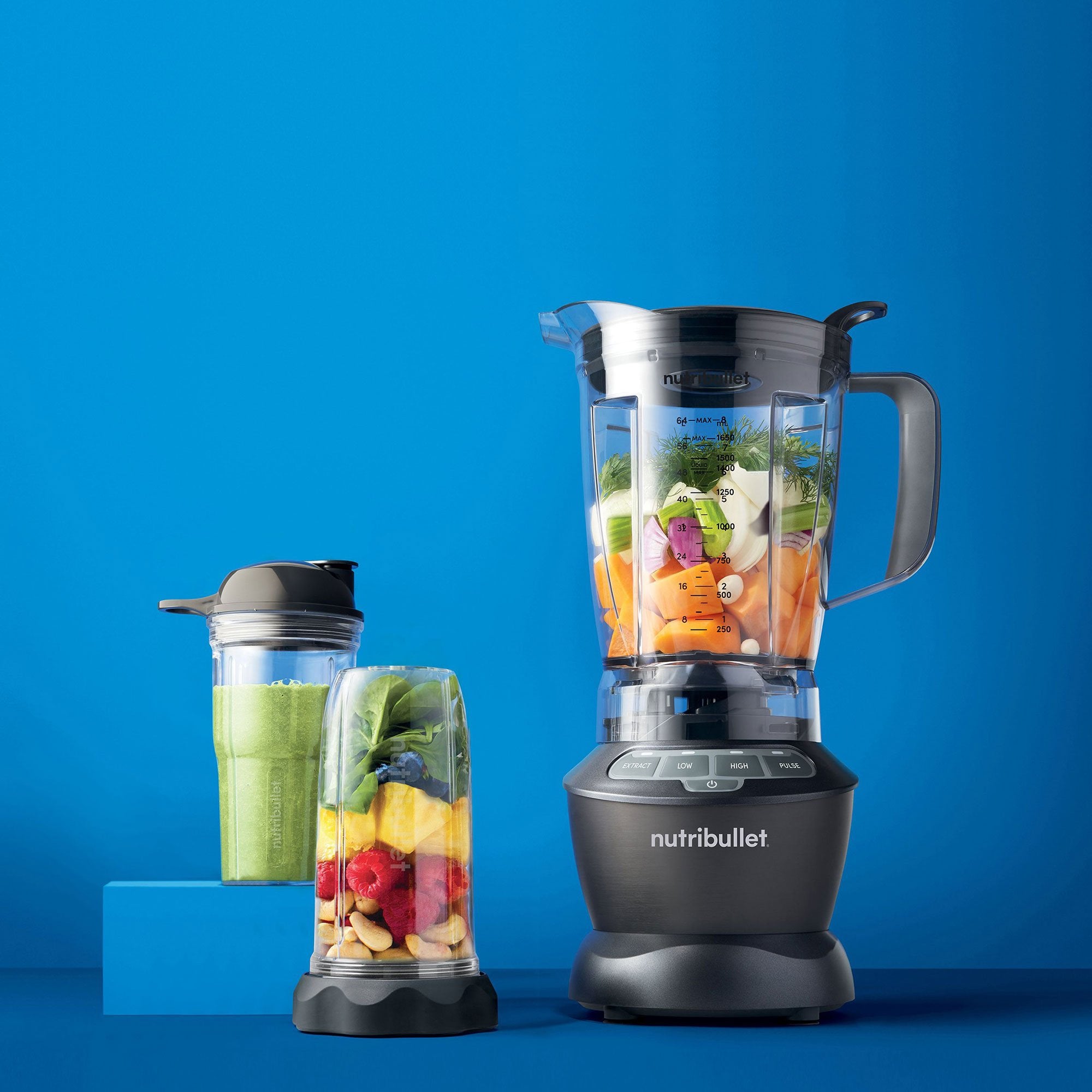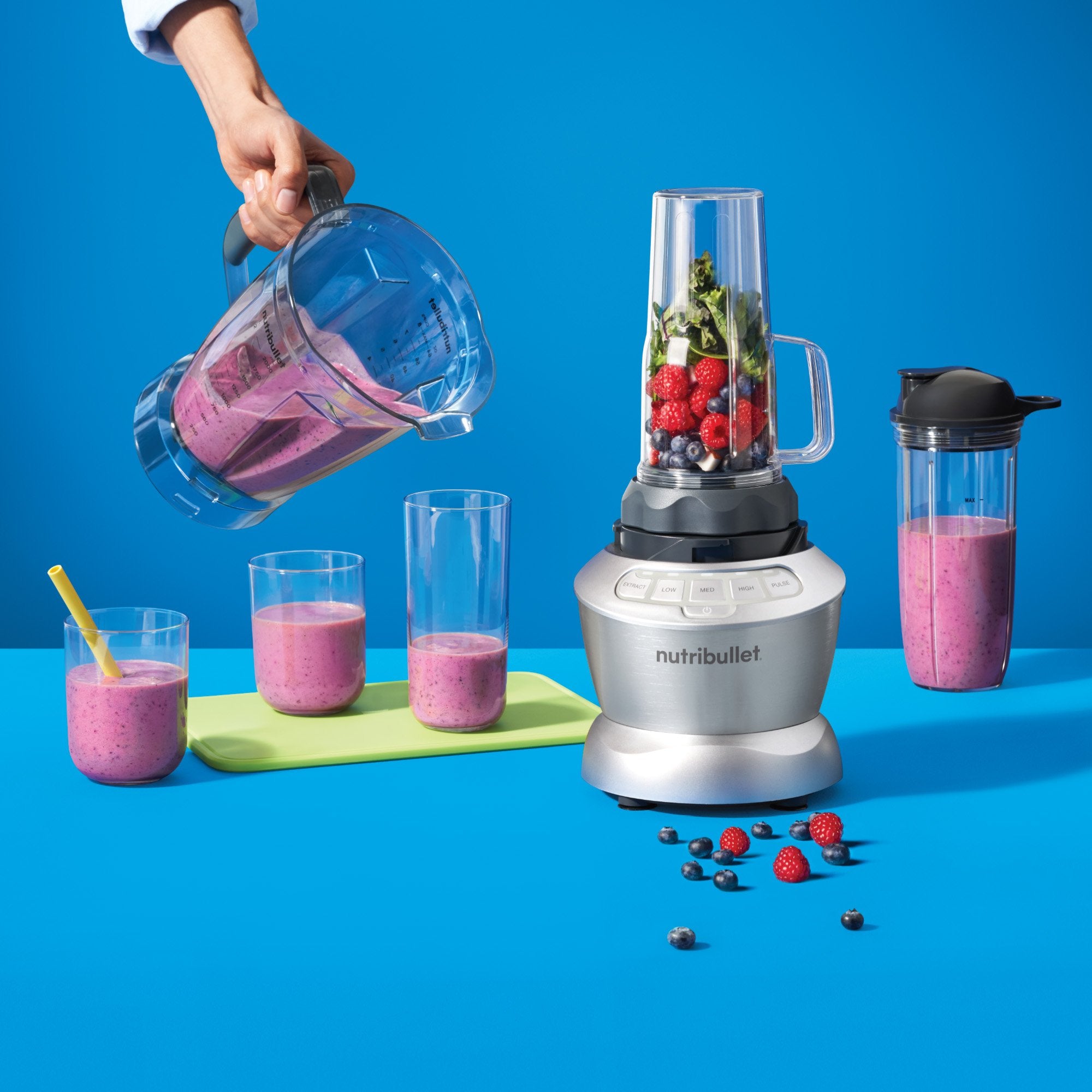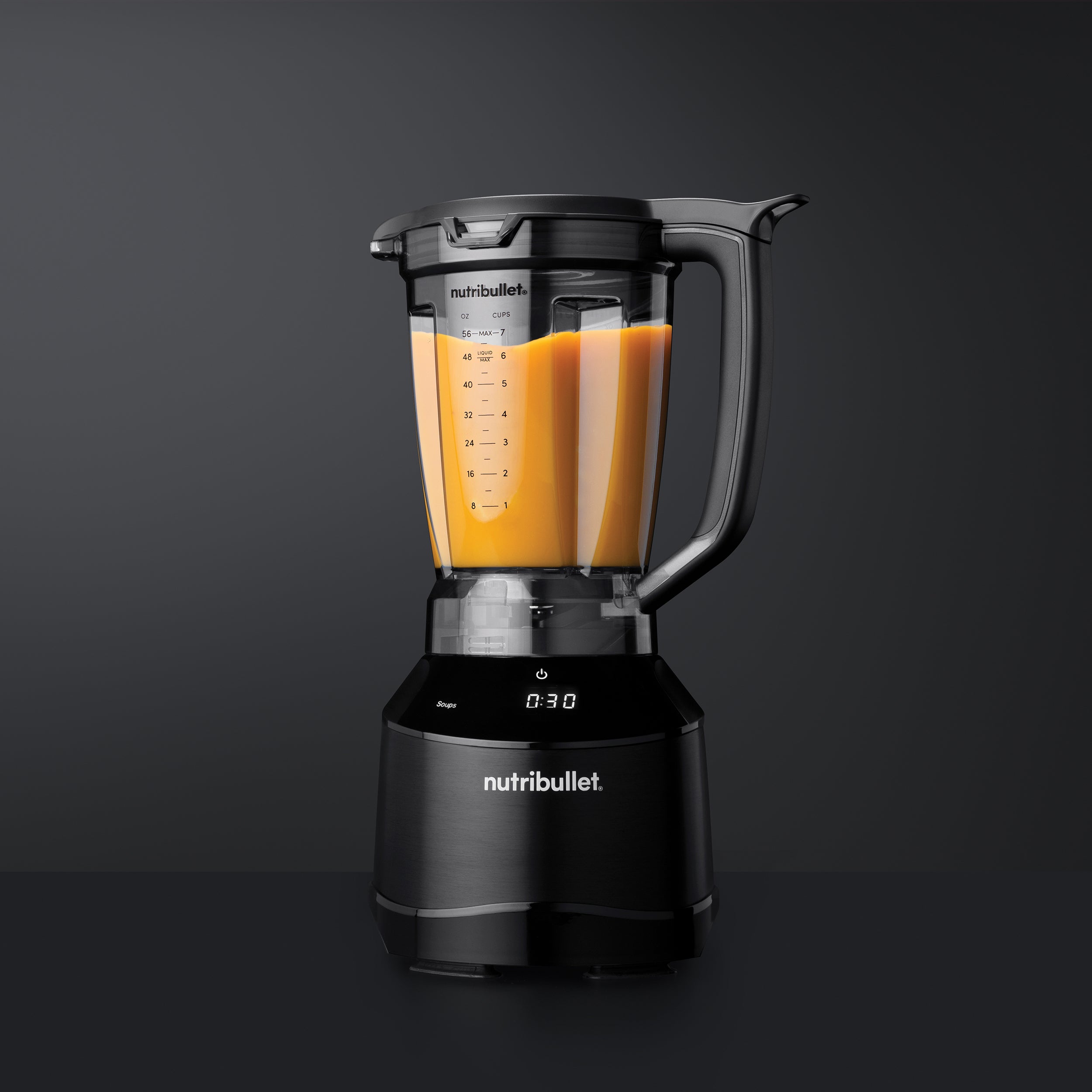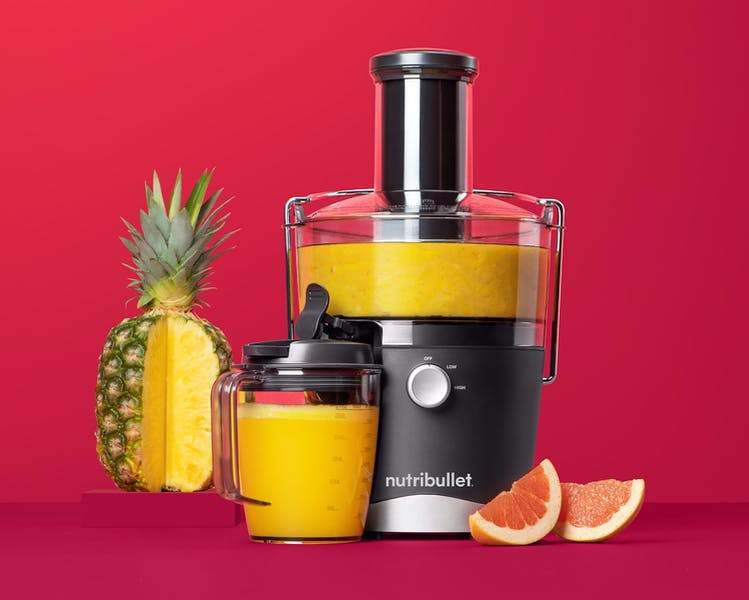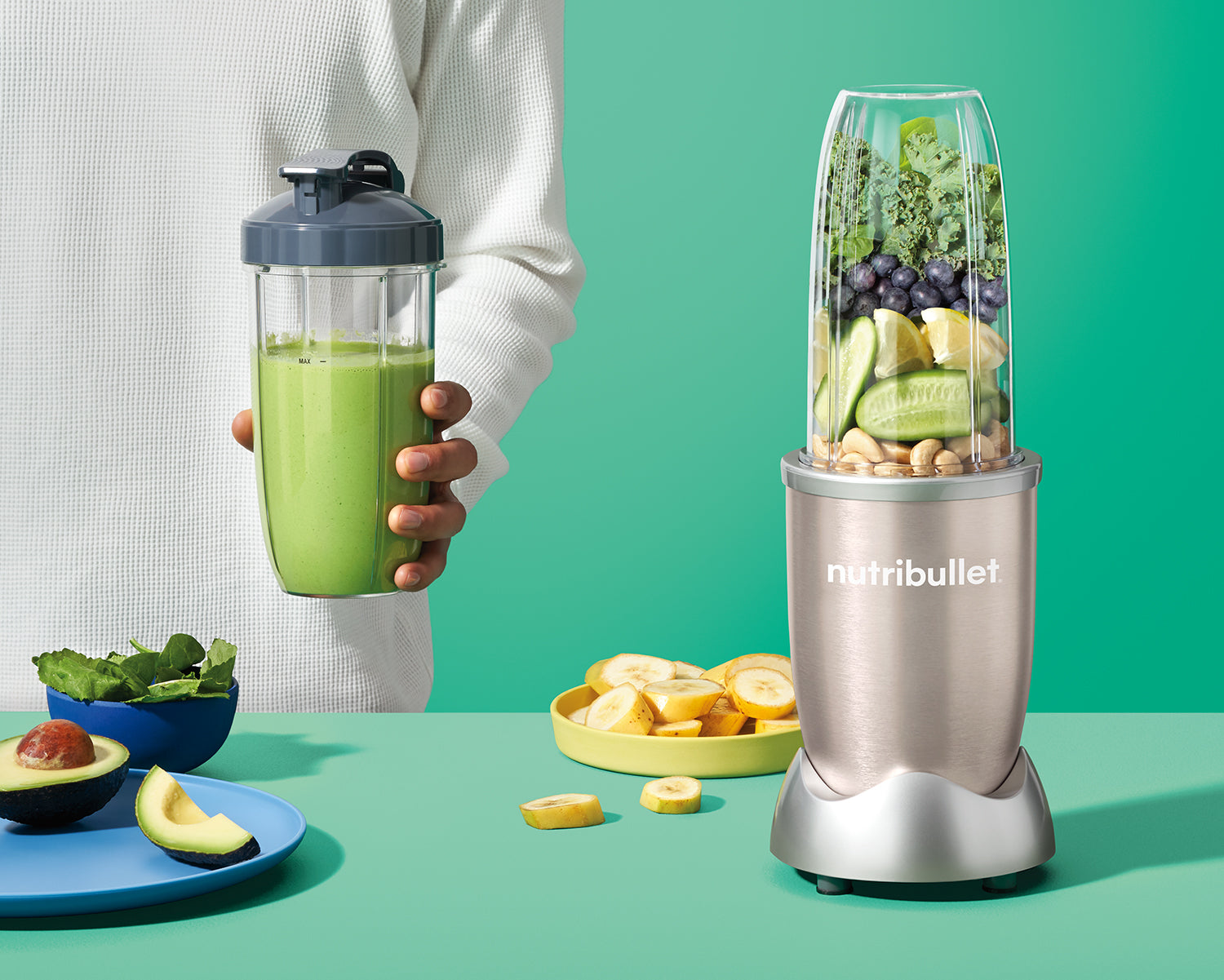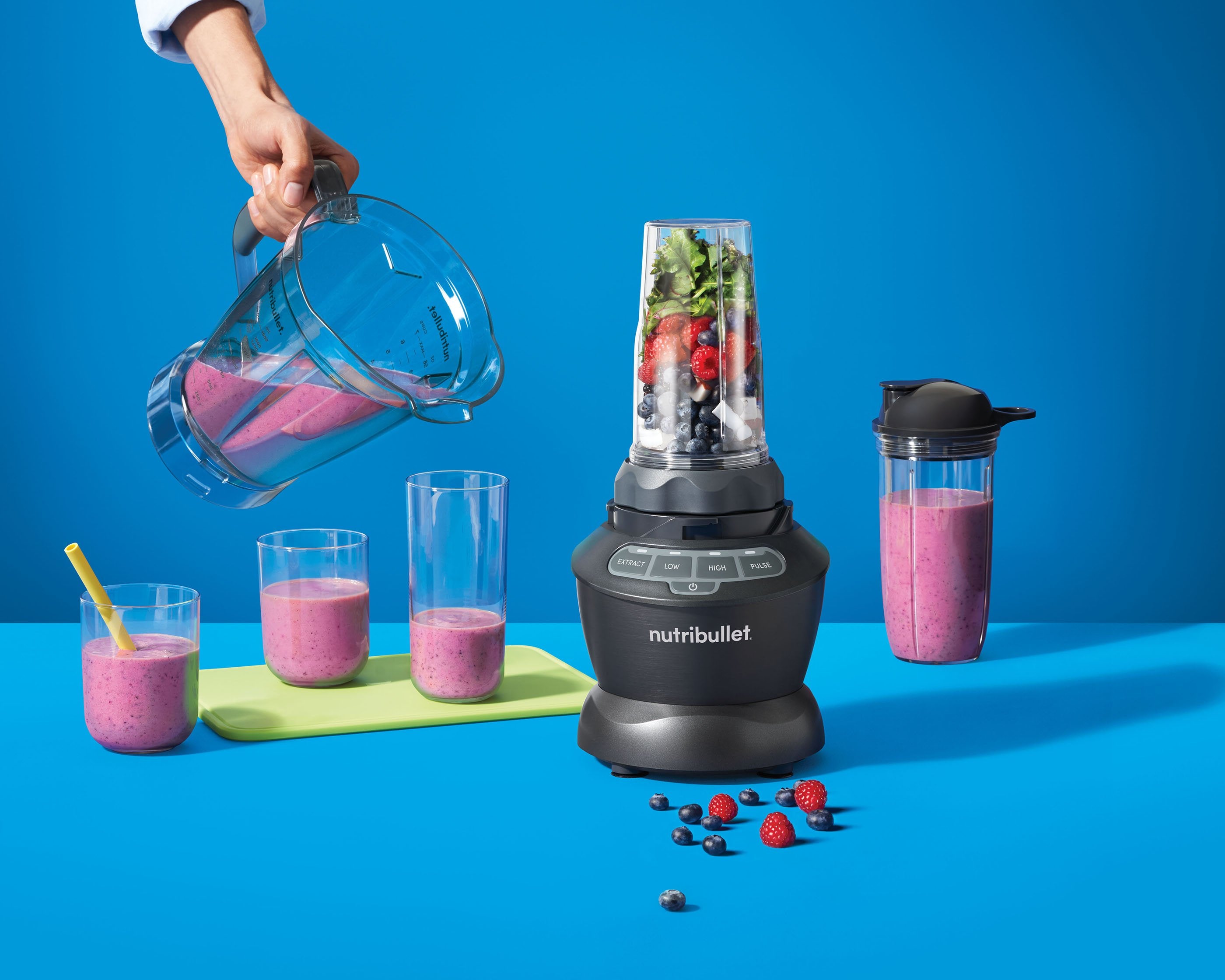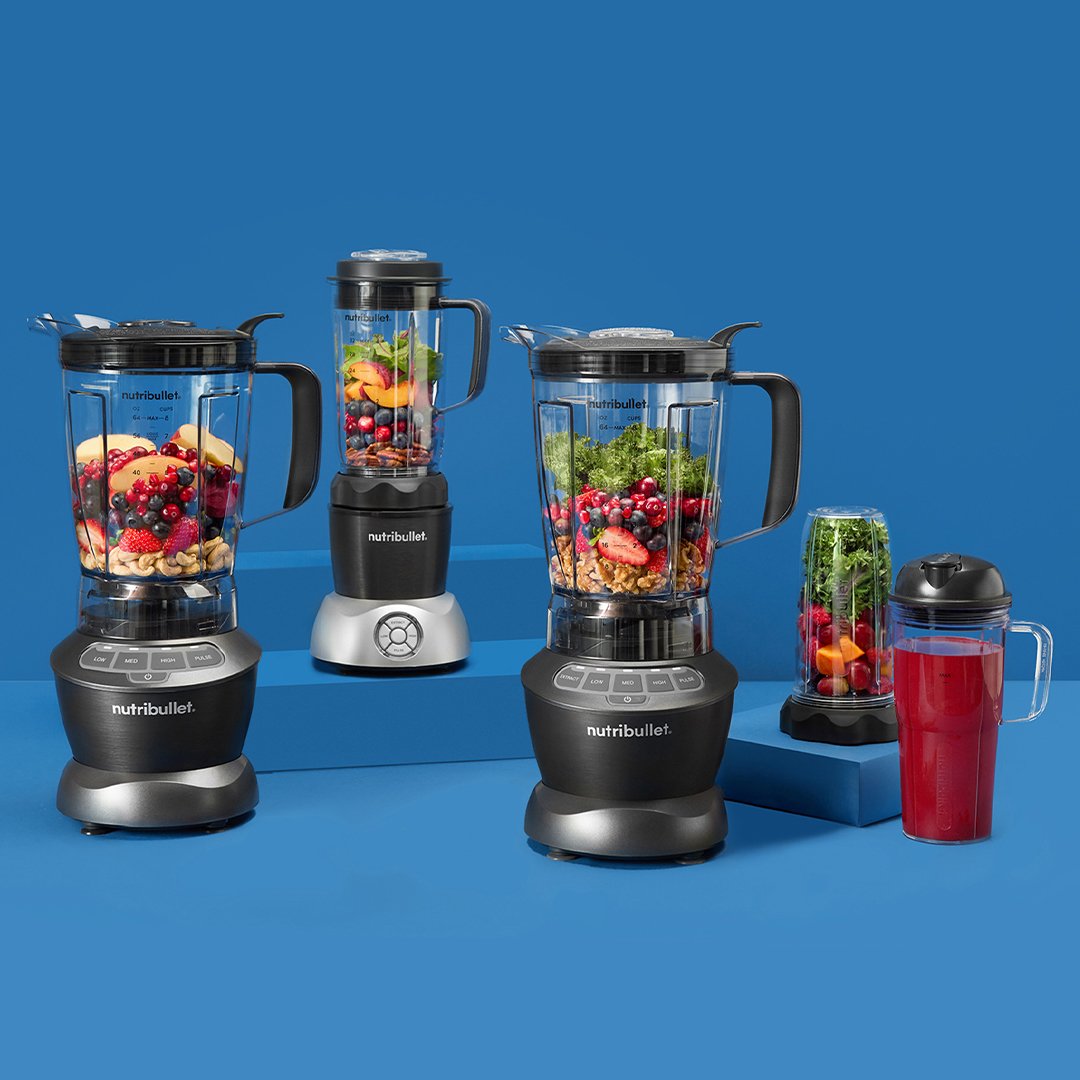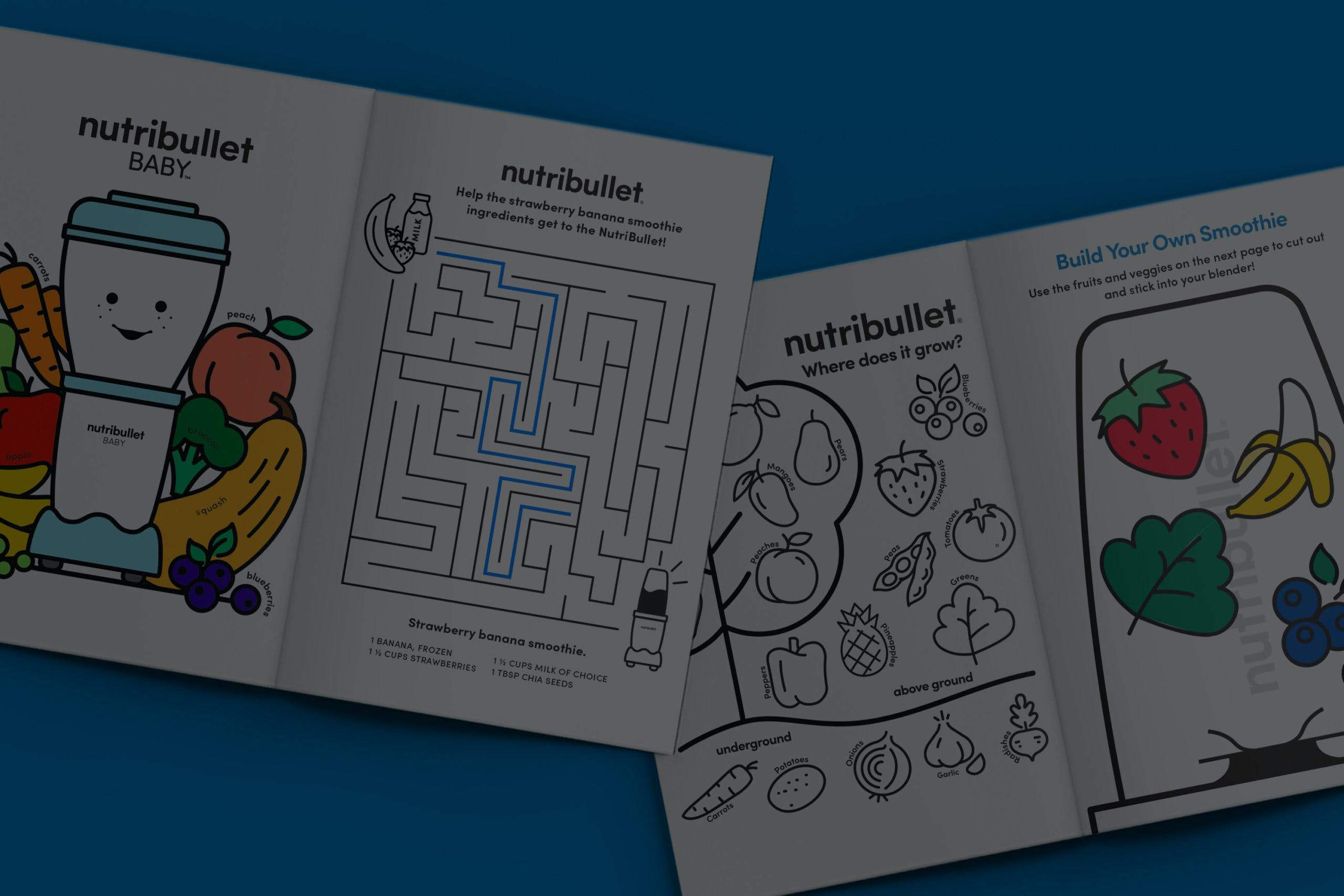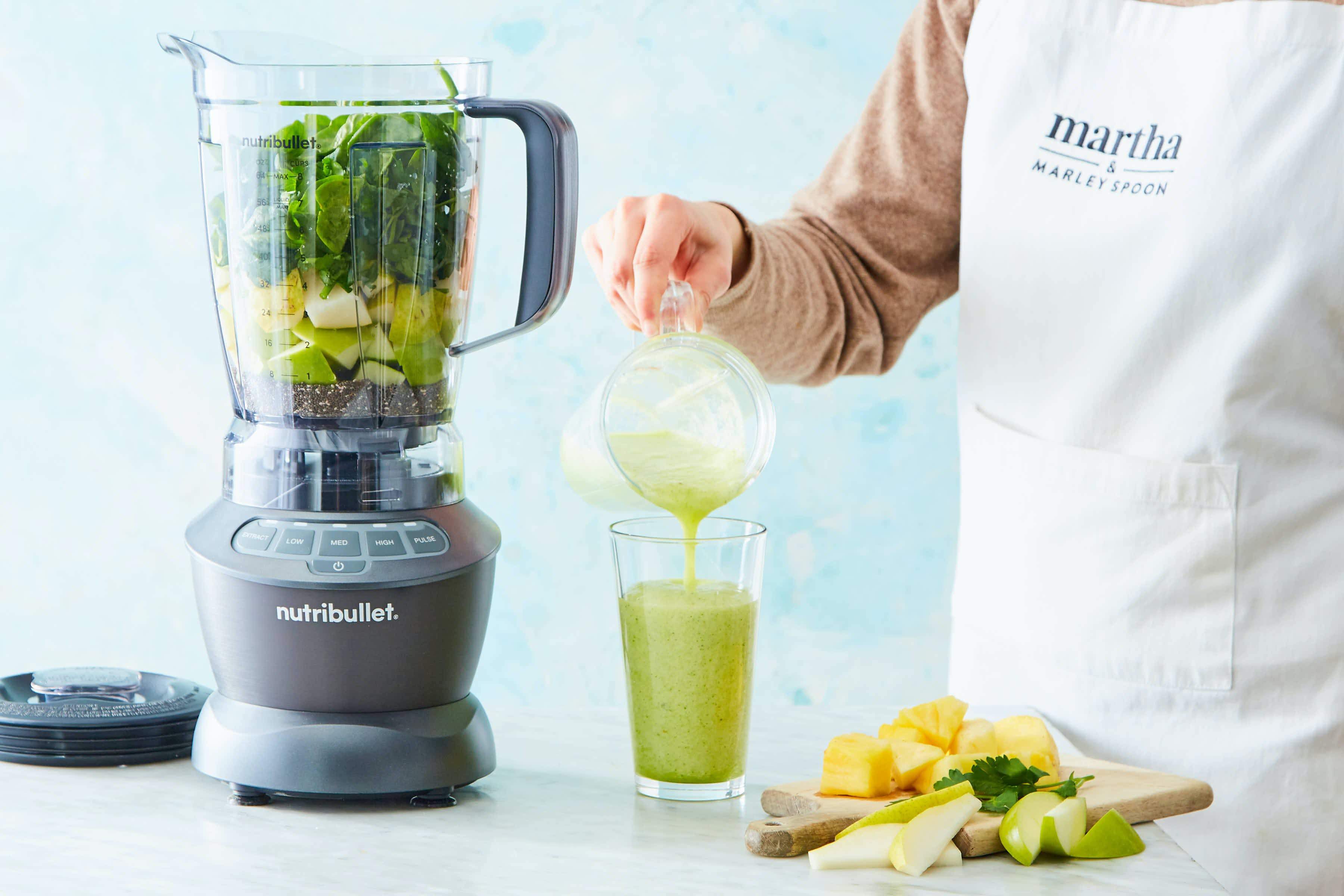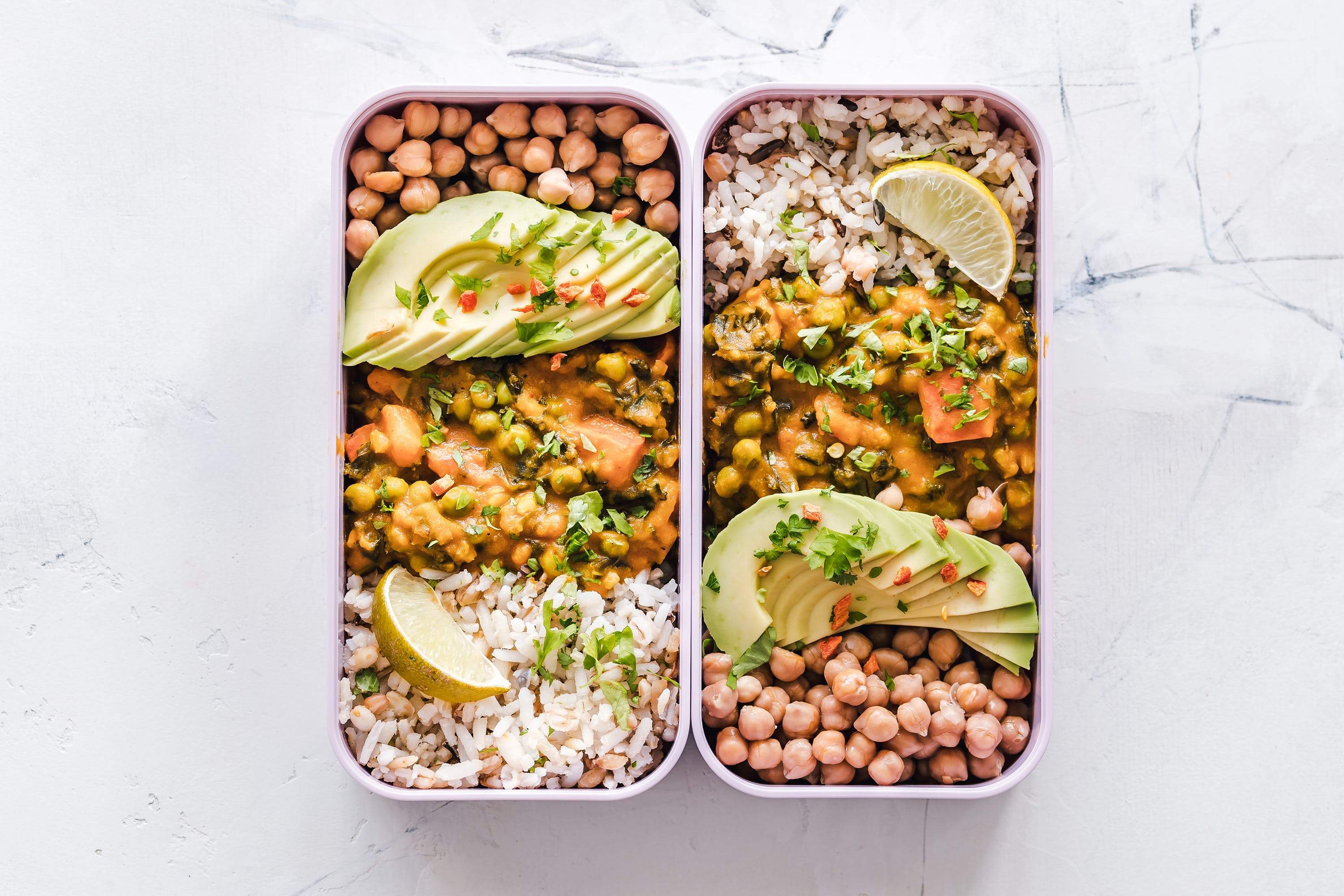There are plenty of reasons why avocados belong in your next smoothie. Avocados are packed with many health-providing compounds and nutrients. They’re grown on trees and come in many different varieties, but I like Hass avocado the best. Avocados are also on the Clean Fifteen List, which means that you don't have to worry whether or not they’re organic. Regardless, you should always wash your produce thoroughly.
Most people think fruits must be sweet, but that's not always the case. Avocados aren’t the only non-typical fruit. There are many others, but we will save that for another article.
Fun Fact!
I want to make a little deviation from our subject of avocados. Tomatoes are also technically fruits. However, the U.S. Supreme Court ruled on March 3rd, 1883 that, for purposes of the Tariff Act of March 3, 1883, tomatoes are vegetables. Their decision was based purely on the fact that tomatoes are used most often in meals and not dessert. Not to be outdone in the way of government oversight and crazy decision-making, in 2011, Congress essentially declared a slice of cheese pizza from school cafeterias equivalent to a serving of vegetables. They said that it counts as a serving of vegetables, which is 1/2 cup even though the pizza has only 1/8 cup of tomato paste. This was brought about by pressure from lobbyists for two big agricultural companies. Really, cheese pizza, vegetable? Yes, a vegetable – what a colossal blunder!
Back to Avocados!
Wait, aren’t avocados high in fat and calories, which can make us fat? Nonsense! Fat does not make us fat; sugar, in excess, makes us fat. In addition to being satisfying and filling, healthy fat is essential for the absorption of many nutrients. Avocados have mostly monounsaturated fats that are good for your heart. Up to 50 percent of our daily calories can come from healthy fats, which can improve our overall health. We need fat in our diets, but we want to consume heart-healthy fats like those in an avocado.
Avocados also have one of the highest fiber content in foods and we all know fiber is very important for our health. One of the types of fiber in avocados is soluble fiber, which feeds the good bacteria in our gut. Fiber also helps keep us regular, which is important for moving toxic materials out of our bodies.
Because of the fat and fiber in avocados, research suggests that this fruit may help with weight loss. In one study, people were split into groups. One group was instructed to eat a meal that contained avocado, while the other had a similar meal without avocado. Then, they were asked a series of questions related to hunger and satiety. The people eating the avocado felt 23 percent more satisfied and had a 28 percent lower desire to eat over the next 5 hours. Now, this is just one study so it’s hardly scientific, but it does show that the fiber and fat content of avocados can help curb appetite for some people and potentially lead to weight loss.
Avocados are also rich in many antioxidants from both the carotenoid and flavonoids families. They’re packed with phytosterols, which have been shown to help lower LDL, or the bad cholesterol, and raise HDL, or the good cholesterol. In addition to healthy fats, fiber, and antioxidants, avocados are also loaded with other essential vitamins and minerals, including more potassium than bananas!
- Vitamin K: 26% of the RDA*.
- Folate: 20% of the RDA.
- Vitamin C: 17% of the RDA.
- Potassium: 14% of the RDA.
- Vitamin B5: 14% of the RDA.
- Vitamin B6: 13% of the RDA.
- Vitamin E: 10% of the RDA.
- They also provide smaller amounts of Magnesium, Manganese, Copper, Iron, Zinc, Phosphorous, Vitamin A, B1 (Thiamine), B2 (Riboflavin) and B3 (Niacin).
These nutrients work together to provide your body with a long list of health benefits. Avocados:
- Provide heart health benefits.
- Provide cardiovascular health benefits.
- Provide anti-inflammatory effects.
- Help balance blood sugar levels.
- Help balance our gut flora.
- Help keep our digestive tract clean.
- Help boost immune function.
- Help our skin stay soft.
- Help lower cholesterol and triglycerides.
- Provide anti-oxidants that protect our skin, eyes and brain.
- May help reduce appetite.
Avocados are rich in fiber and heart-healthy monounsaturated fats, which make them satisfying and filling. The fat in avocados help our bodies absorb and use antioxidants from the carotenoid family more efficiently, up to six times better, as a matter of fact!
Tips on Eating Avocados
The silky flesh of an avocado can turn brown very quickly from oxidation. You can slow this down greatly by squeezing or mixing in a little lime juice (my favorite with avocados) or lemon juice as soon as you open it or mash it up.
The best way to peel an avocado is what the California Avocado Commission has called the "nick and peel" method. In this method, you actually peel the avocado with your hands in the same way that you would peel a banana. It's easy! The first step in the nick-and-peel method is to cut into the avocado lengthwise, producing two long avocado halves that are still connected in the middle by the seed. Next you take hold of both halves and twist them in opposite directions until they naturally separate. At this point, remove the seed and cut each of the halves lengthwise to produce long quartered sections of the avocado. You can use your thumb and index finger to grip the edge of the skin on each quarter and peel it off, just as you would do with a banana skin. The final result is a peeled avocado that contains most of that dark green outermost flesh, which provides you with the richest phytonutrients.
You can also eat the seed of an avocado for extra health benefits!
How to Select an Avocado
Just grab an avocado and squeeze gently! If you squeeze a ripe one too hard, get ready for a handful of avocado mush. Hold the avocado in your palm and begin to press very gently against its surface. A ripe, ready-to-eat avocado will yield to very gentle pressure, without feeling squishy. It should be slightly soft with no dark sunken spots or cracks. Avocados should not be refrigerated until they’re ripe. Once ripe, they can be kept in the refrigerator for up to a week.
Avocado Recipes
Avocados are great for you and your taste buds! They’re incredibly versatile and can be used in a variety of snacks and meals with little preparation. Avocados have a mild taste and a buttery texture – perfect for creamy soups, sauces and smoothies, as well as a healthy spread to replace mayonnaise.
Avocado is the main ingredient in my favorite sandwich spread. Just mash up an avocado and add lime juice, a pinch of cumin, sea salt, and black pepper. Spread on a sandwich with tomato, spinach, sprouts, sautéed Portobello mushrooms and onions, and enjoy! Of course, you can always add avocados to your smoothie. Simply throw one into the NutriBullet for a creamy, heart-healthy treat!
There are countless ways to eat avocados. You can enjoy them on their own or try one of many recipes. Give them a go and make avocados a part of your healthy and balanced diet!
Live healthy, be healthy!
Wally Bishop C.N.C.
Integrative Nutrition Health Coach
The contents of this article are not medical advice and should not be considered as such! Please consult with your physician or health care provider before changing your diet or lifestyle. Only your health care provider, personal physician, or pharmacist can provide you with advice on what is safe and effective for your unique needs.
*RDA is the recommended dietary allowance. It is the amount of nutrients a healthy individual needs to maintain good health.
Nutritional information
Recipe: Creamy Green Strawberry Dream Serving in this recipe:1
- Calories: 236.6
- Total Fat: 3.6 g 5.5%
- Saturated Fat: 0.4 g 1.9%
- Cholesterol: 0 mg 0%
- Sodium: 358.7 mg 14.9%
- Total Carbs: 45.7 g 15.2%
- Dietary Fiber: 9.9 g 39.4%
- Sugar: 22.1 g
- Protein: 8.1 g 16.2%
- Vitamin A: 481.9% Vitamin C: 244.1%
- Calcium: 68.5% Iron: 26.1%
* Percent Daily Values are based on a 2,000 calorie diet. Your daily values may be higher or lower depending on your calorie needs.

